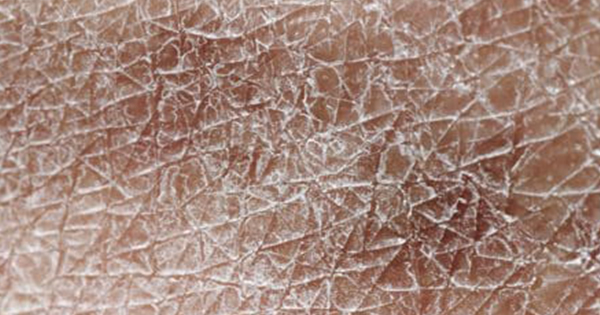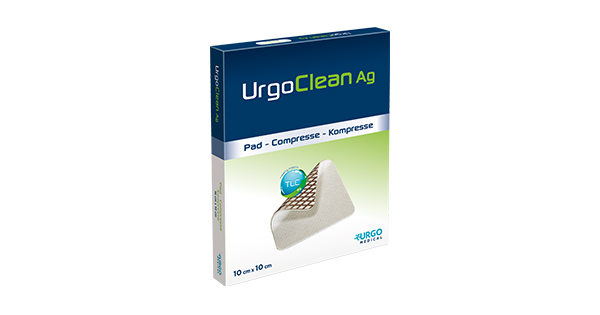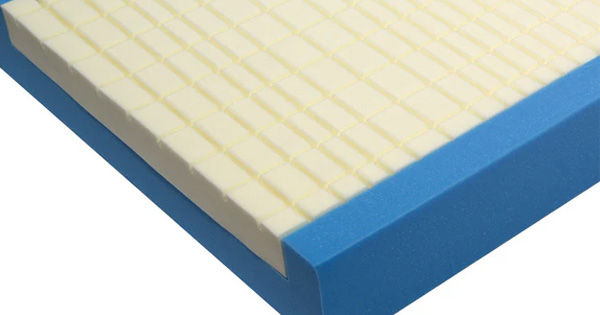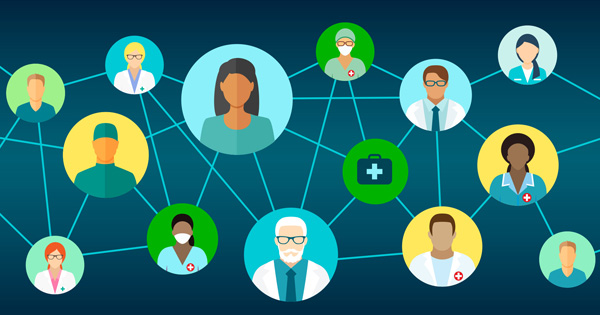I feel like I say this every year, but it seems like this year has absolutely flown by. I can’t believe it’s November already.
Apologies to those of you who are not able to join us this year for what promises to be another amazing event. The programme is packed with fantastic speakers and sessions covering topics that definitely need addressing, such as osteomyelitis and managing malignant wounds. Throughout the programme is the golden thread of self-care – for staff and not just patients recognising the fabulous work that our clinicians do on a daily basis in very stressful and sometimes demoralising environments.
We are also focusing on those with different needs, recognising different learning styles and coping mechanisms. For the first time, there will be a quiet room, so if you need time and space to just reflect and take a moment that will be there for you. There will also be a meeting for first-time attendees or those travelling alone on the Monday night, so do come along if you feel it would benefit you.
We had a huge number of submissions for posters and free papers and the standard was exceptionally high, so we have given 3 hours to free paper presentations to make the most of them. Please do make the time to go along to these. Many will be first-time presenters, so remember to be kind and supportive in your questions. We will be awarding the free paper prize just before the dinner on Tuesday, so if you have submitted and been awarded a free paper, make sure you come along.
It has been a really busy year for us at Wounds UK, we have produced more Best Practice Statements and Consensus documents than I can ever remember us doing before. We know how valuable these are to you in practice, translating, summarising and filling the gaps in the evidence as well as offering guidance on how to implement in practice. We will be continuing to develop this incredibly useful portfolio next year – but perhaps adding some new alternatives which we hope will make them more accessible.
Stop the Pressure Day 2024
This year, we have chosen to extend the ‘every contact counts’ message which was so successful last year – but really focus on groups of individuals where making that contact count may be more complex or challenging. We have taken the strap line of ‘Inclusivity: Are you really looking, Are you really listening?’ Aiming to get the best from our communications with those who may have differing communication needs, whether that be patients, families or indeed colleagues.
Groups that we will specifically focus on include those with learning disabilities, those with dementia, and paediatrics. Our main set of resources are also designed to help those (be it patients or staff) who are neurodiverse. We will be sharing information about how to get the best from communication opportunities to ensure that we are patient centred and showing awareness of the individual (remembering that many, many clinical staff also have specific communication needs).
This year we have a specific resources section where we will be sharing some of the many resources already available, leaflets in many different languages (including Braille), links to relevant organisations, useful videos, etc. If you have a leaflet in a language that we haven’t covered and are prepared to share them, please do let us know.
Our competition is an opportunity for you to shine by sharing what you have or will be doing to support this theme. As always, the prize is registration and a travel bursary to the Society of Tissue Viability 2025 conference being held on 30 April-1 May at the LIFE Centre, Bradford. Further information can be found by scanning the QR code on this page.
Of course, there will be the usual red dots, quizzes, email signatures, etc that we always provide, so please do keep checking the website because we are uploading resources on an almost daily basis now.
We have also prepared multiple versions of the posters and other items, so that you can change the message to suit your needs. Not only do we have ‘are YOU really listening’, but also we have ‘are WE really listening’, if you want to use these resources to support information gathering; for example, asking your patients or colleagues what you could do differently to help them.
We look forward to seeing everyone’s activities on social media. Please do make the most of the resources we have available.







